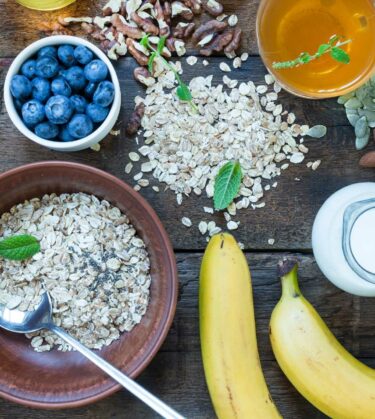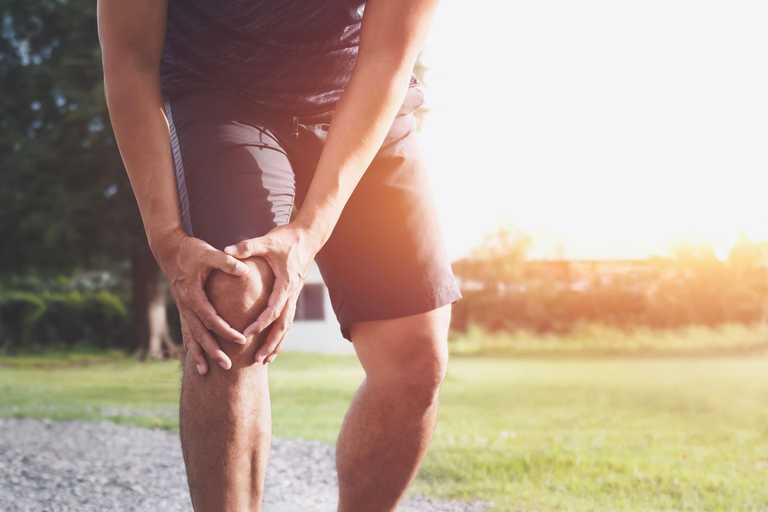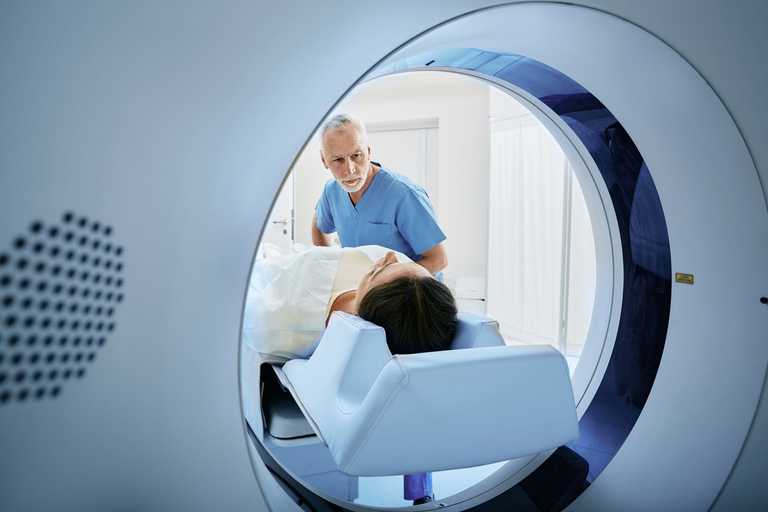
Lifestyle Medicine
Many common chronic (persistent) conditions and diseases can be prevented, reversed and better managed using L...

Every year thousands of people gather together to run 26.2 miles either as professional athletes or enthusiastic amateurs. Spending hours running on hard ground, however, puts enormous pressure on the body and preparation is key.
Running a marathon involves months of training and plenty of focus on the part of the individual taking part. It also requires them to put together a good meal plan so that their body gets the nutrition it needs to cope with the ultimate endurance test.
Designing and maintaining a good marathon training diet has several advantages not least ensuring you have the energy to run long distances and potentially avoid injury.
Eating a healthy breakfast of porridge with some fresh fruit before you go for your training run, for example, will help provide you with the slow release of energy that you need. Some foods such as fatty fish and pomegranate have also been shown to aid muscle recovery.
You not only need to pick the right foods but also match your calorie intake to the exertion your body is being put through – many runners consume between 2,000 and 7,000 calories a day depending on their weight and the nature of their marathon training.
Here, the team at Prime Health look at how to put together an effective meal plan for marathon runners.
The average person will burn around 2,600 calories while running the 26.2 miles on race day and they will lose about 2.3% of their body weight. Assuming you are a normal weight for your age and height, you may need to consume as many as 2,000 to 7,000 calories a day in the lead-up, according to the latest guidance.
Developing a healthy marathon-training diet is about several different factors that underpin performance:

Just as important as what you eat during your marathon training is when you eat. Timing for nutrition is vital when it comes to long periods of exercise.
Ideally, you want to optimise the release of energy throughout your run, particularly making sure that you don’t run out of power towards the end of the race or training session.
The most common advice is to eat a full, nutritional meal about 3-4 hours before you start your running session. You may also want to add a small protein and carb intake about an hour or so before the run.
When you have finished your marathon training session, you need good nutrition to help recover. This should include a high-protein meal with carbs about 45 minutes to an hour after your run.
It’s also a good idea to have a set meal plan for each day of your training and the day of the marathon itself. Check out this guide from the BBC.
All the food groups are essential when it comes to marathon training. First of all, try to focus on fresh ingredients and avoid any processed foods or at least minimise them. If are having something like a peanut butter lunch for example, then opting for organic is the better choice.
Protein is essential because it helps maintain healthy muscles and can prevent injury while promoting quicker recovery. Your marathon training diet should add about 50-70% more protein than you would expect for a ‘normal’ person.
Vegans and vegetarians can find protein intake difficult to boost but it is entirely possible. Check out these tips from Runners World.
While protein helps build muscle strength and endurance, carbs provide you with the energy boost that you need to finish the race. Complex carbs are generally better a few hours before you run because they release their energy more slowly. During the race, energy gels can give you a quick boost of power.
Cereal grains like quinoa and brown rice are great choices but you should experiment beforehand with a mix of different carbs to see what works for you. For example, whole wheat toast and whole wheat pasta are also good choices.
Fats are essential to include in your training plan. While these used to have a bad rap, there’s quite a lot of evidence that certain fats are good for long-distance runners.
Good fats are found in food choices such as olive oil, nuts, oily fish like salmon and fruits like avocado. These all contain monounsaturated and polyunsaturated fats and should comprise about 30% of your diet.
Eating a decent amount of fat cuts down sugar cravings, prevents weight gain and gives your body access to a range of healthy nutrients. In addition, many vitamins are fat soluble. That means consuming good fats ensures these are more easily absorbed by the body.

Many runners include a half marathon or two in their training plan so they can test themselves out. Planning your nutrition for race day beforehand is essential.
Most long-distance runners will have a big meal the day before the race. It’s best to have this around lunchtime rather than in the evening as it gives time for all the nutrients to become absorbed.
Race day nutrition should be a mix. A couple of hours before the run, consume protein and carbs but avoid fatty foods and don’t overdo the quantity you eat either. After that, consume things like sports drinks and gels as well as water.
The food you eat after the half marathon is also important. You should be refeeding around 30 minutes to 45 minutes after the run. That’s because your body is optimised to convert all that food and put it to use repairing the body.
Stick to good sources of protein and healthy carbs and avoid fatty foods as they can slow down your digestion.
Your nutrition plan for a full marathon will be similar but, because of the longer distance, you are going to be more challenged when it comes to nutrition. If you’ve managed your training well, you’ll know what food choices benefit you and those that don’t.
You can bulk up the energy levels the day before but the most important meal on the day you run a full marathon is breakfast. This can help you get through that pain barrier and the last ten miles of the race.
Ideally, you want to eat breakfast 3-4 hours before the race. Avoid high fat and high fibre or foods that are hard to digest. You want the energy from that food to be released during the race itself. A pre-run snack is also a good idea.
Nutrition is even more important after a full marathon as there will most definitely be some tissue damage and dehydration. Carb-packed foods like bananas and energy bars are a good immediate source of energy once you get over the finish line.
After that, put some high-quality lean protein and carbs in a bigger meal to aid the recovery process.
The common consensus is that you should take an energy gel every 40 minutes or so but this is quite personal. You should try to find the optimum for you personally in the weeks leading up to the marathon.
The short answer is no. Fasted running means you don’t take on any calories beforehand. For a long-distance race, this is quite dangerous and can have a severe impact on your health.
Water, diluted fruit drinks and sports drinks are all good options. You need to rehydrate at least every 15 minutes during a marathon.
There’s no harm in having an electrolyte drink before a marathon. If you plan your diet beforehand, then you should have plenty to start off with. It’s during the race that you might need to replenish them.
Nutrition is an important part of marathon training. Having the right diet in place not only protects you from injury but should also improve your performance.
At Prime Health, we have an amazing team of sports and exercise consultants and performance specialists on site including nutritionists. If you’re training for a marathon and need support, from nutrition advice to sports injury recovery including physiotherapy, contact us to find out more about our services.
You may be interested in reading more on:
In partnership with the General Practice Group, we have extended our Private GP service to our centre in Brighton.
Learn moreThe highly experienced physiotherapists at Prime Health Surrey are here to help you perform at your best.
Learn moreOur all-inclusive diagnostic scanning package offers everything you need for quick, expert care—all for a fixed price.
Learn morePrime Health Surrey has enhanced its healthcare offering with the installation of a state-of-the-art CT scanner. Appointments available.
Learn more


